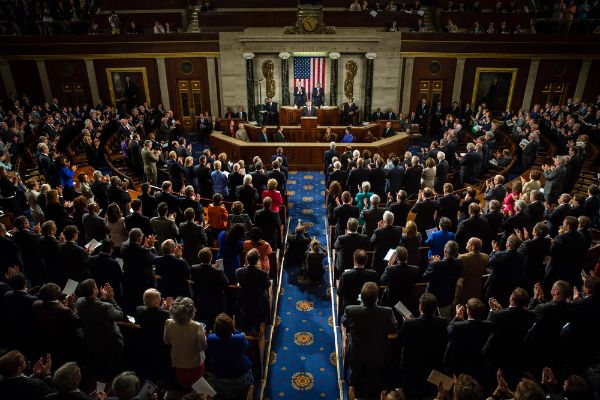
Republican senators recently took a stand against a covert effort to fund sanctuary cities and states, which was embedded in a border bill championed by Senator Mitch McConnell of Kentucky. This opposition has left Democratic officials, particularly in urban areas, in a bind as they search for the necessary funds to support and clandestinely manage the increasing population of impoverished migrants, especially as the 2024 election year approaches. This situation has been pointed out by Jessica Vaughan, the Director of Policy Studies at the Center for Immigration Studies, who remarked on the Biden administration’s strategy of relying on state and local allies for financial support in this matter.
The financial implications of this situation are significant. For instance, maintaining emergency shelters for migrants in the year 2024 is estimated to cost an overwhelming $915 million, as reported by the Boston Globe in December 2023. In an attempt to address these financial challenges, Democrats are now contemplating a controversial move. They are considering the reallocation of Medicaid funds, typically reserved for low-income Americans, to provide housing and aid for migrants. This idea was discussed by Congressman Jacob Auchincloss of Massachusetts during a television interview on February 9. He expressed his disappointment at the bill’s failure and reiterated his commitment to continue fighting for this cause.
The situation in Massachusetts exemplifies the broader issue. The state has become a magnet for approximately 30,000 migrants with limited financial means. This influx has exerted considerable pressure on the state’s financial resources, with millions already spent. Notably, this situation has been beneficial for the Democrats’ network of non-profit organizations, which are actively engaged in providing shelter and food to these migrants.
However, this shift in resource allocation is leading to growing dissatisfaction among the Democratic base. This sentiment was echoed by sportscaster Stephen Smith, who on February 6 highlighted the contrast between the treatment of migrants and homeless American citizens, the latter often seen on the streets of New York.
The contentious bill, crafted jointly by Democratic leaders and Senator McConnell, attracted attention for its clear bias towards increasing migration. Spanning 380 pages, it proposed approximately $5 billion for migrant aid, alongside another $5.6 billion for vaguely defined “populations.” This apparent partiality towards enhancing migration led to resistance from the GOP caucus, resulting in Senator McConnell withdrawing his support for the agreement. This political maneuvering underscores the complexities and contentious nature of immigration policy in the United States, particularly in the context of the upcoming election cycle.
These content links are provided by Content.ad. Both Content.ad and the web site upon which the links are displayed may receive compensation when readers click on these links. Some of the content you are redirected to may be sponsored content. View our privacy policy here.
To learn how you can use Content.ad to drive visitors to your content or add this service to your site, please contact us at [email protected].
Family-Friendly Content
Website owners select the type of content that appears in our units. However, if you would like to ensure that Content.ad always displays family-friendly content on this device, regardless of what site you are on, check the option below. Learn More



